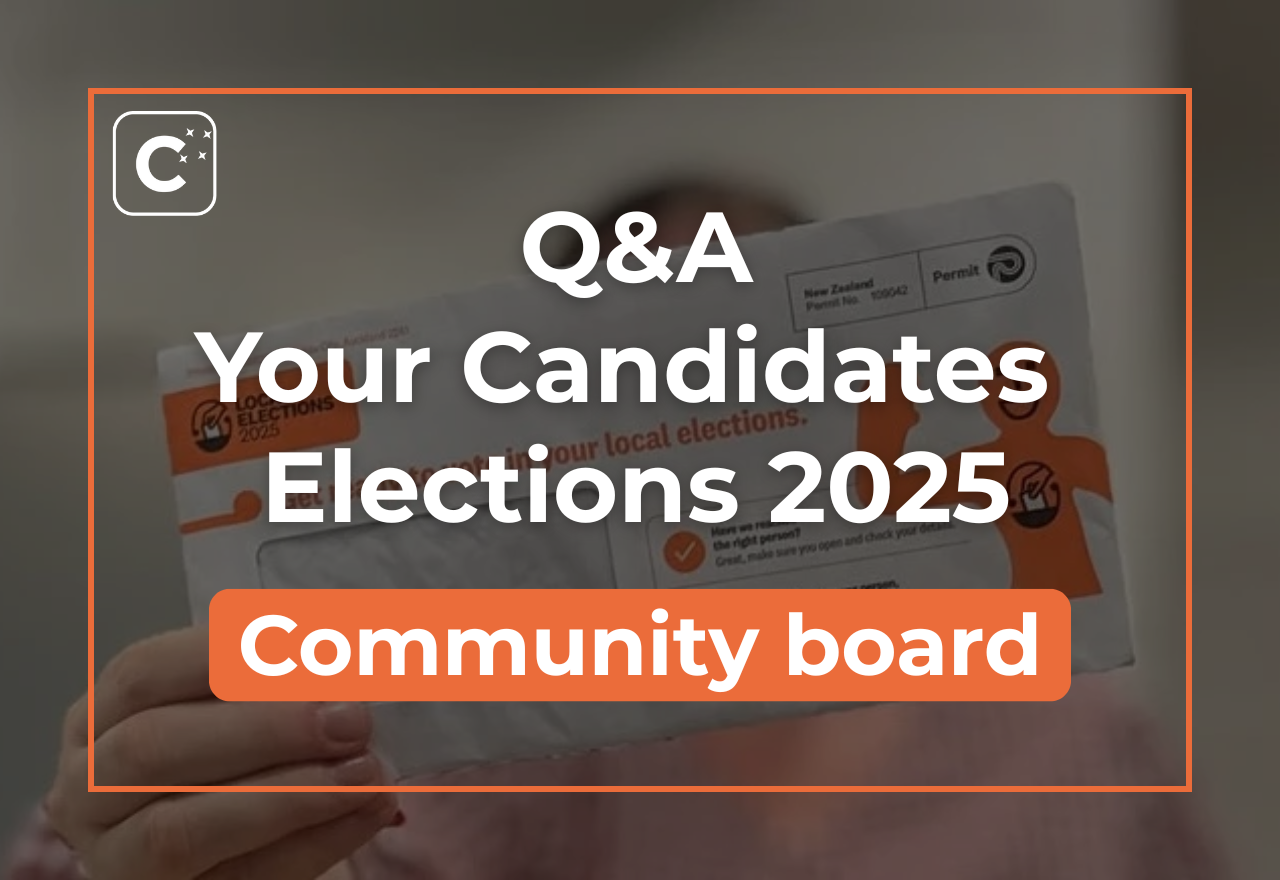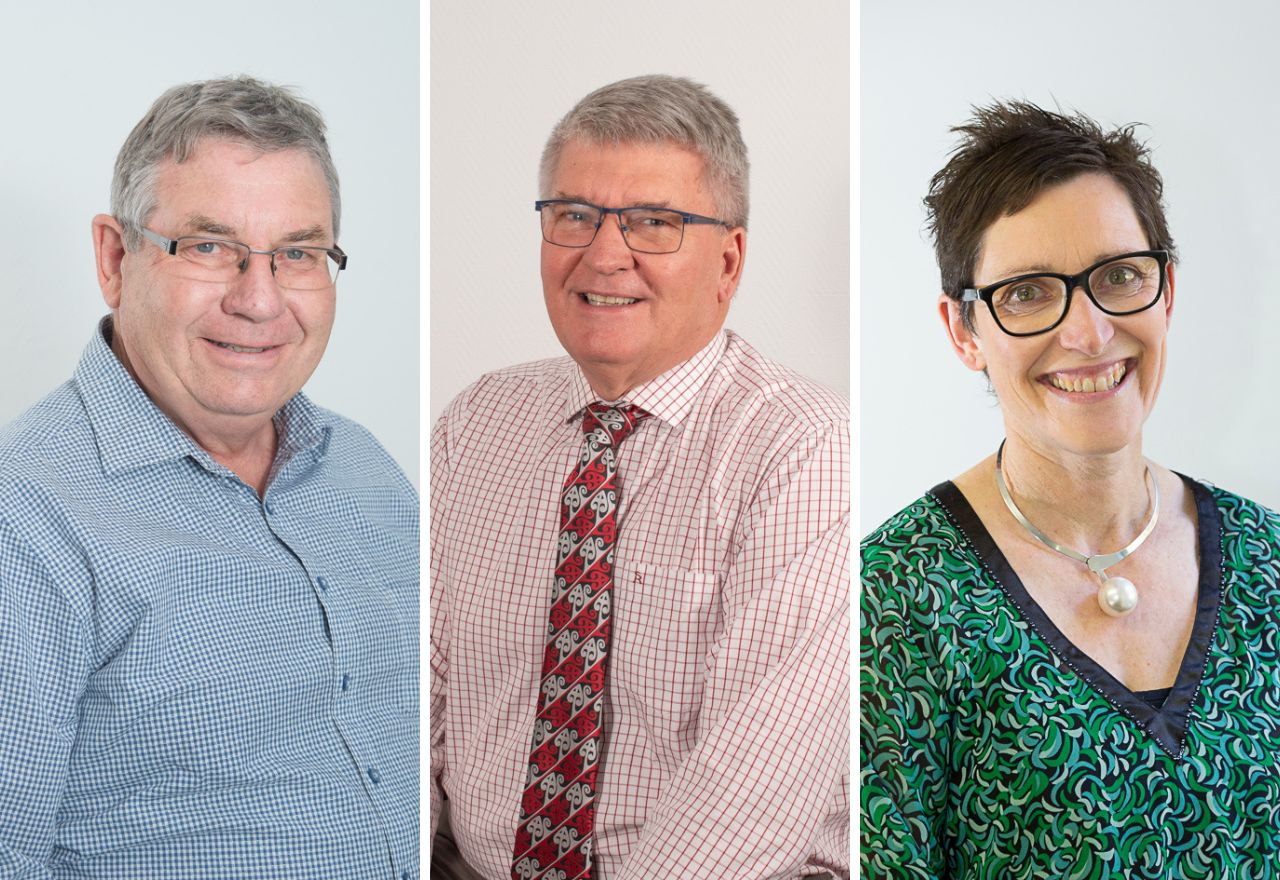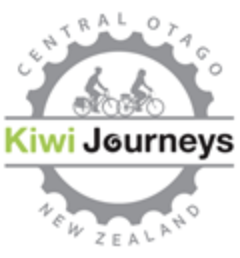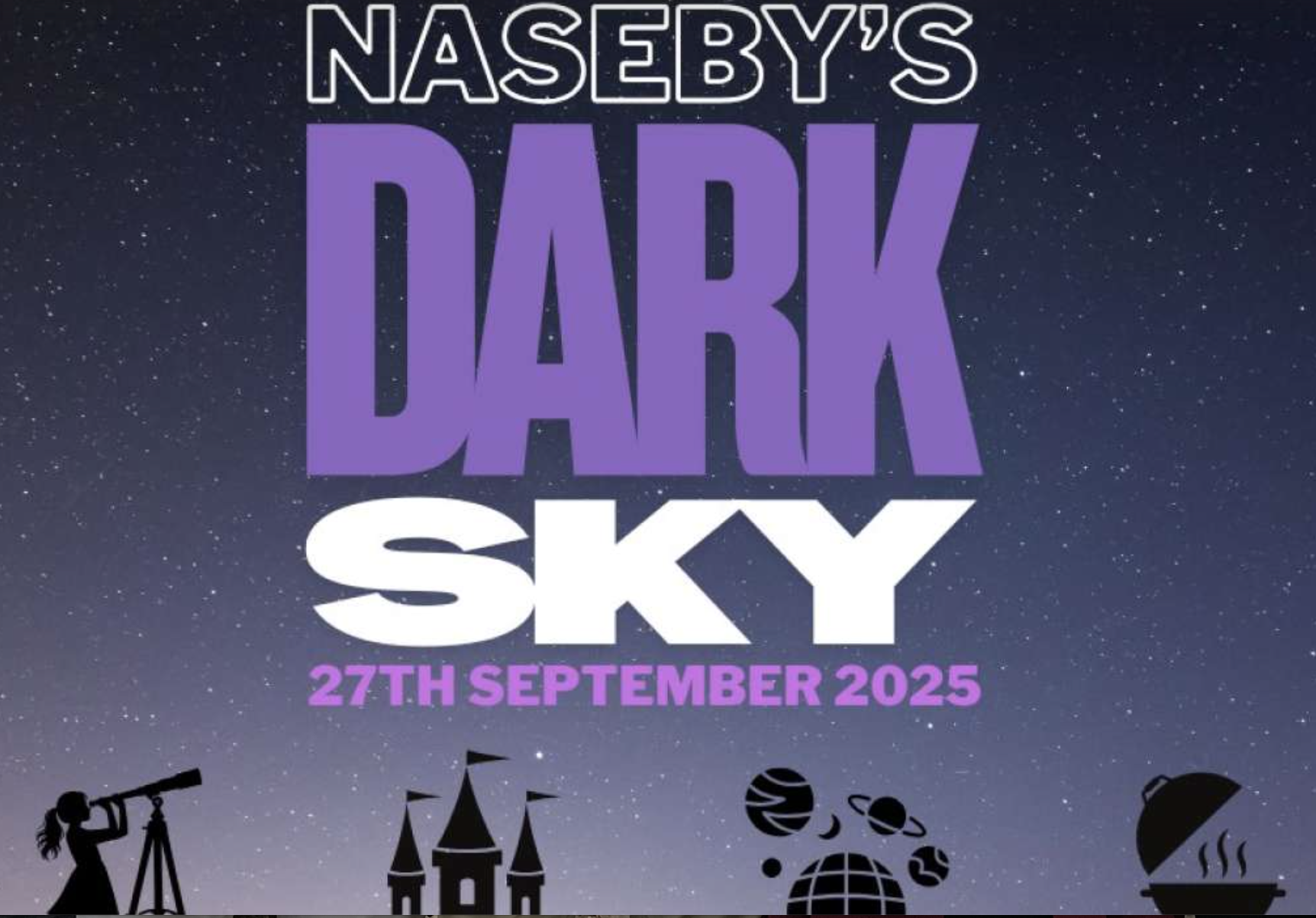Community board candidates respond on rates, debt
Staff Reporter
25 September 2025, 5:00 PM

The Central App asked local body candidates for community boards about their priorities for Central Otago District Council’s Long-Term Plan (LTP).
When you feed into or submit on the next LTP/Annual Plan, what’s your framework for balancing rates, debt, and service levels? Please name: one service you’d protect even under pressure, one area you’d scale back or defer, one new investment you’d prioritise.
Here’s how they responded:
Cromwell Community Board candidates respond
There are ten candidates for four vacancies on the Cromwell Community Board.
Mike Casey:
“To be honest, I have a lot to learn about the local issues here in Cromwell. I am aware of the highly contested topics related to places like the Mall, the racecourse, and the Speedway, but I don't feel I have enough overall knowledge to have an informed opinion yet. I will be entering the Cromwell Community Board without an axe to grind and without a major agenda. I want to perform in the best way for the people of Cromwell.
"I don't believe in rate capping, but I do believe in value for money for the ratepayer, and I think there is a lot the council can do to help bring down our cost of living without big spending.
"Feeding into the plan, I will push hard for affordable and community housing and community groups where I feel endowment funds are best spent. I want to make sure our council plans are not a barrier to energy innovation. I will actively encourage the energy transition within council, as well as look for quick energy wins on council assets that save money, e.g. solar on the swimming pool. I am here to represent small businesses and farmers as best I can. I am an entrepreneur and a farmer after all."
Anna Harrison:
“While the community board doesn’t set the long term or annual plans it is really important that the voice of Cromwell is heard strongly in the process. We are a rapidly growing and changing community and it is important that these plans acknowledge that in the context of the Central Otago District. We know that our community still expects high level of service across pools, parks and libraries and we need to balance this with the infrastructure needs of our growing communities and the associated costs."
Wally Sanford:
"Considering the ongoing development of our industrial land between Cemetery Road and Bannockburn Road, it's important to sell and invest in the same market. For me it's important to develop a clear and workable development plan for the Cromwell Town Centre and progress those plans as soon as funds are available, avoiding debt where reasonably possible. We can only control what happens with council-owned buildings and land so if we focus on those areas to provide confidence to the privately owned parts of the town centre then we as a community would have done what we can to provide confidence to the mall owners to redevelop their own buildings without payouts from community funds."
Rebecca Anderson, Gerald Duncan, Gary Kirk, Haemia Melling, Travis Muir, Bill Sanders, and Jane Smith did not respond.
Vincent Community Board candidates respond
There are seven candidates for four vacancies on the Vincent Community Board.
Roger Browne:
“The challenge is to ensure Central Otago remains an affordable place to live. Although operational expenditure should come from rates, there are other options for capital expenditure. Perhaps some service charges will need to rise. By increasing debt levels we shift costs into the future so this mechanism needs to be used with discretion.
'Our public library caters for all ages in our community and must be protected at all costs. I can’t think of any service I would like to see scaled back as they are all important in our community. Expressions of interest could be sought for the sale of a block of land at Molyneux for the purposes of housing.”
Jayden Cromb:
“I will not mislead voters by promising unrealistic rate reductions or the type of rate caps that have resulted in the infrastructure deficit we find ourselves in now, even if that would be popular. The reality is we will need to see where things sit once we have the details on the water CCO, before we know what the next LTP looks like. Council debt isn't a dirty word when you're talking about using it to fund infrastructure that will last the next 50 years. We need to balance the cost of paying now, but also ensuring that the next generation pays their fair share of the cost. I want to ensure that we get this right and that no one age group is dumped with the full cost. While I support using debt wisely for infrastructure I do not support using it for operational costs. If we reach that point then we will need to have a serious and realistic conversion with the community on what the next steps are.
"What would cuts look like? Does that mean just funding core business? If so, what is core business? We gave the community some options to scale back in the LTP and they said very loudly no. It isn't up to central government or us to make the decision on what core business means in Central Otago. It needs to be a decision made by this community.
'It is hard to answer the whole question without seeing the make up of the next council or the financial situation we are in. But in the spirit of trying to avoid not answering questions, if it were solely up to me I would permanently protect our elderly housing and community grants that help support some of our communities most vulnerable, and look at scaling back earthquake strengthening on our smaller halls until we know what the government plans to do in that space."
Martin McPherson:
“The biggest challenge we face is funding central government mandated activities. Our council needs to continue to lobby central government to explore other funding streams other than rates. Borrowing over a long term allows council to rebuild and replace infrastructure and the cost of this is spread out over multiple generations of users.
"I will continue to support and fund our heritage sector. I would support a transition from general rate payers contributing to the tourism sector to the sector paying its own way. I would support investment into Alexandra waste water upgrades to insure capacity for future growth.”
Tony Hammington, Dai Johns, Jim Moffitt, and Karla Sanders did not respond.
Teviot Valley Community Board candidates respond
There are seven candidates for four vacancies on Teviot Valley Community Board.
Curtis Pannett:
“Keep rates affordable – ratepayers can’t shoulder unchecked rises. Use debt prudently – conservative levels only, reserved for intergenerational infrastructure where future users also share the cost. Balanced and pragmatic decision-making – acknowledging the cost pressures of today while planning for the needs of tomorrow.
"One service I’d protect even under pressure: Roading. If people and businesses can’t move efficiently around the district, it impacts productivity, safety, and community connection.
"On scaling back: I won’t single out any one area without the numbers in front of me — we need to go line by line through the spending programme. For me it’s all about the value proposition and having clear priorities. Council must focus on its core functions: roading, waste, community facilities and pools, and—for the next year or two—water. In areas like community development and social wellbeing, community organisations can often deliver programmes more quickly and cost-effectively than council.
"One new investment I’d prioritise: The time and oversight we as councillors devote to overseeing the setup of the new joint CCO for water — and just as importantly, right-sizing the remaining council operations so they are fit for purpose in the new environment. The goal at the joint CCO must be to ensure it is adequately capitalised, with strong, competent governance and a singular focus on being a lean, mean water delivery machine."
Gill Booth, Sue Cain, Becky Slade, Hayden Smith, Mark Jessop, and Richard Tamblyn did not respond.
The seven candidates for four vacancies on the Maniototo Community Board did not respond.
NEWS
JOBS








